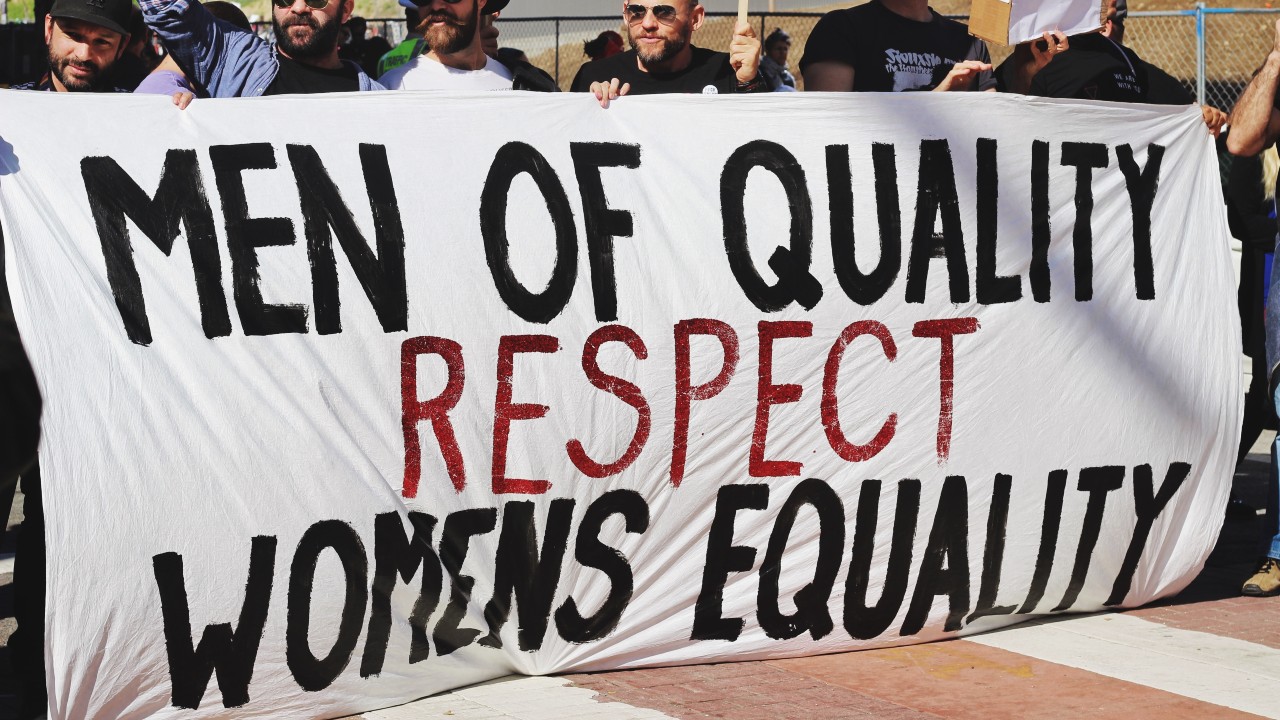By Efthymios Altsitsiadis
◦ 5 min read ◦
One of the most overlooked and yet promising agents in the fight against climate change and towards realizing a circular society is the maker movement – a cultural trend that was founded on a simple premise: ordinary people manufacturing themselves what they need.
In the previous article, a glimpse of the transformative potential of democratized production for reaching the pressing societal, environmental and economic goals was attempted. The maker revolution, facilitated by the technological collaborative manufacturing capabilities can help citizens with getting access to advanced fabrication tools, skills and knowledge, to meet their own needs, reduce their carbon footprint, while creating new entrepreneurial opportunities for them and their community. For this potential to be realized, it is arguably increasingly important to understand how and why people become makers.
No movement can be successful, no community can be effective without engaging, growing, and sustaining its member base.
This was the organizing idea in the previous article. The empirical results from the Pop-Machina project were presented in overview to show the key motives, barriers and driving forces behind the decision to support and be involved in making. In this follow-up note, we complement this baseline with the next step: what can be done to act upon this knowledge.
We draw this time insights from another running EU project – iProduce. Two large scale studies collected data from regular citizens, makers and manufacturers around Europe and the synthesis of the main quantitative results is taking place to compile some clear and actionable recommendations on how to engage with makers, existing and potential ones. The recommendations below are a preview of the upcoming report on the full findings, so it should be treated as work-in-progress snapshot.
Recommendation 1: Clearly communicate the culture of the community
On the one hand, many new makers seem to be driven by ecological and community progress beliefs and attitudes. The majority of people believe that makerspaces can make a big difference. On the other, respondents reported a lack of information with regard to the exact makerspaces’ scope and actions. Awareness about the maker-movement and its mission and benefits should not be considered a given, yet the alignment can make a considerable (and oftentimes ignored) difference in engagement. Community development and team building should be heavily promoted as in most makers, collaboration with like-minded peers is of highest priorities.
Recommendation 2: Encourage direct knowledge sharing: virtual training and skills exchange
Exchanging knowledge and gaining access to dedicated trainings is very important for makers. Such facilitations can take place digitally in which case users would expect to increase their knowledge and skills. Training could be targeted either to support a specific business venture, a creative project already underway, or for the primary purpose of gaining competencies for later use. Support in terms of direct knowledge sharing and mentorship, peer to peer online learning could be an additional option to allow existing technicians and experts to occasionally serve as mentors and advisors rather than teachers in platform-developed projects.
Recommendation 3: Support matchmaking and professional networking
Participation in makerspaces opens up new horizons, enabling makers to reach out to a wider network which could also yield more professional opportunities. Or at least this is what the majority of the respondents expect. Makers and consumers want to be empowered, not only to depict their ideas for new products but to also be able to find expertise and manufacturing capabilities to implement them. Matchmaking services are deemed essential and at the same time, the analysis of existing roles and collaborations can set the ground for new synergies to be established and new opportunities to be identified.
Recommendation 4: Diversity, inclusiveness, accessibility and empowerment
Makers tend to care a big deal about accessibility; they want to see action to involve groups which are underrepresented in the maker movement, such as women, elderly, low socioeconomic status groups or people with disabilities. They stress the importance of a respectful, inclusive and supportive culture, the unwarranted genderisation of tasks/interests and the need for more female role models in the social manufacturing world. While the maker movement has unique cultural elements, these are all cemented on the principles of diversity empowerment and unfettered access.
Obviously, this list is not exhaustive. There are still so many lessons to learn, angles to explore, and diverse experiences and stories to be shared and studied that one should not treat this as anything more than a humble start. The empirical nature of these insights provides some needed confidence to these results, but as is often the case with self-reported data and online data collection methods, there are some limitations to the transferability and generalizability/representativeness of these results. Nonetheless, the people working in iProduce have put considerable effort to help practitioners, policy makers and makerspace managers better reach out to the maker base. These stakeholders sometimes must face an uphill battle, especially in the covid-era, in keeping things afloat, exploring different tools, triggers and business models. One can hope that such insights can still be useful or bring up more discussion about the way forward.
This publication was based on the work undertaken by the European projects iPRODUCE “Unlocking the community energy potential to support the market uptake of bioenergy heating technologies”. iPRODUCE has received funding from the European Union’s Horizon 2020 research and innovation programme under grant agreement No 870037.
About the Author
Assistant Prof. Efthymios Altsitsiadis, PhD (male) is a behavioural economist with a mind for interdisciplinary research. A user-centricity enthusiast, Efthymios is set to help provide evidence-based answers to some of the most persistent and evasive behavioural questions in a variety of areas like sustainability, health, energy and mobility. His Phd was in decision support systems and he is currently teaching Machine Learning and Digital Behaviour at CBS. He conducts research in collaborative production and circular economy, in advanced technological agents (smart apps, avatars, chat-bot services) and has worked as a social scientist in several cross-disciplinary research projects.

